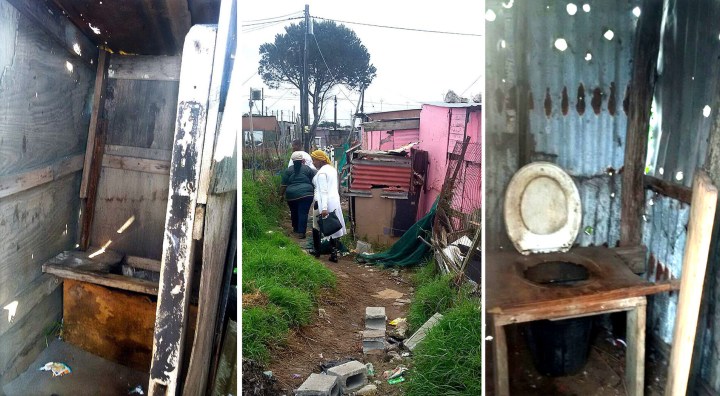COMMUNICABLE DISEASES
Cholera case confirmed in Nelson Mandela Bay — sewage spill may be the cause

A case of cholera has been confirmed in the Nelson Mandela Bay metro and while the municipality insisted that the drinking water is safe, it said on Monday that the affected woman had been exposed to sewage from a large sewage spill in her yard.
A Nelson Mandela Bay woman who was kept in isolation at Livingstone Hospital pending the results of a cholera test, had tested positive for the disease, the municipality announced on Monday.
Municipal spokesperson Mamela Ndamase said the metro had kickstarted several interventions following the confirmed cholera case. She said the resident lives in Walmer Township, Gqeberha.
“There were no further cases reported for the metro,” Ndamase said.
“Further investigation revealed that there was a sewage line blockage in her yard which resulted in the build-up of sewage in the yard. The sewage line was subsequently fixed and currently there is no longer a build-up of sewage in the yard and no one has fallen sick in the household. The investigation is ongoing.”
Read more in Daily Maverick: Suspected case of cholera flagged in Nelson Mandela Bay
Cholera is a bacterial infection that can be fatal in severe cases or if left untreated. According to the National Institute for Communicable Diseases (NICD), people can be exposed to the bacteria that causes cholera without getting sick.
“Yet because they shed cholera bacteria in their stool for seven to 14 days, they can still infect others through contaminated water. Most symptomatic cases of cholera cause mild or moderate diarrhoea that’s often hard to distinguish from diarrhoea caused by other problems,” the NICD said.
Read the NICD’s cholera FAQs here.
Cholera is a waterborne disease caused by poor-quality water, sanitation and unsafe hygiene infrastructures like blocked and broken sewerage systems.
Ndamase said municipal officials were conducting a surveillance programme in the metro’s wastewater for the early detection of cholera cases.
“We advise the community to be alert and vigilant. We believe there is currently little reason for the community to be concerned about the municipal drinking water as the drinking water undergoes strict treatment processes before it is reticulated to communities.
“Secondly, the drinking water is tested on a weekly basis for compliance with the health standards and, so far, the results have shown no contamination or cause for concern,” she said.
Due to its failing sewerage system and recent severe drought, the Nelson Mandela Bay metro had been flagged as being at high risk for a cholera outbreak.
The metro responded by putting in place a high-tech surveillance system in the city’s wastewater system that allows it to track the bacteria that cause the disease. DM


















 Become an Insider
Become an Insider
Comments - Please login in order to comment.